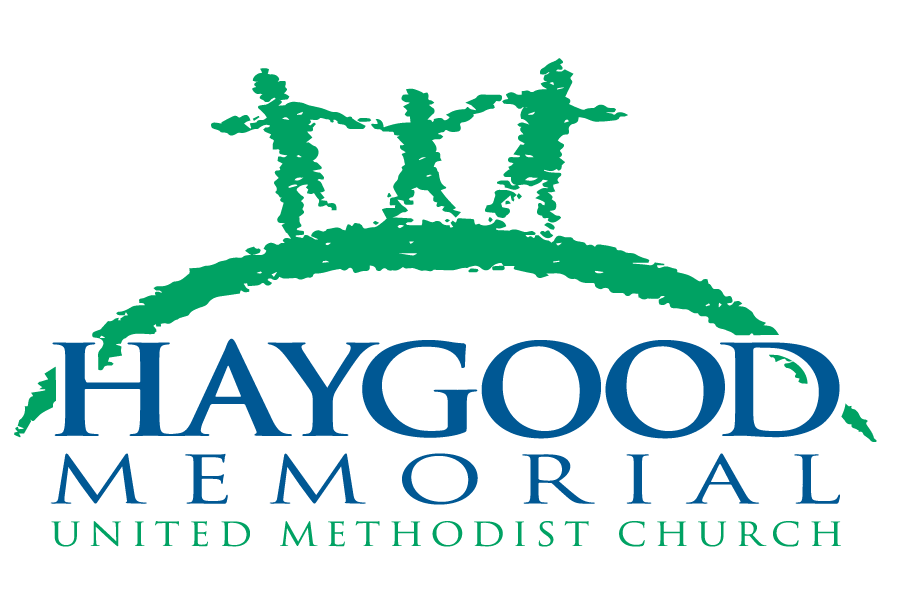Sacraments
Receiving the sacraments is vital part of our faith journey. A sacrament is visible sign of God’s invisible grace. In the United Methodist Church, we offer two sacraments: Baptism and Holy Communion.
BAPTISM
Considering Baptism?
We are here to walk with you as you prayerfully consider this important step in your faith journey. In baptism, we remember Jesus’ baptism by John in the Jordan River and celebrate God’s work in our lives today.
What Baptism Means
Baptism is a gift of God’s grace.
Through water and the Holy Spirit, we are cleansed, forgiven, and raised into new life in Christ.
The water symbolizes God’s cleansing power and the promise of new beginnings.
Baptism incorporates us into the family of God—the Body of Christ.
Baptism may be administered by sprinkling, pouring, or full immersion.
Baptism for All Ages
Baptism is available for people of every age.
Infants and children: We believe God’s grace is at work in their lives before they are even aware of it. Infant baptism is God’s way of claiming a child publicly, while parents and the congregation make promises to raise the child in the faith.
Youth and adults: Later in life, baptized children may participate in Confirmation (offered to 8th graders) as they learn, grow, and claim the faith for themselves. Adults who have not been baptized are warmly invited to receive this sacrament as a sign of God’s grace and their new life in Christ.
Next Steps
If you are considering baptism for yourself or your child, we would love to talk with you. Please contact Rev. Will Zantat will@haygoodumc.org.
Holy Communion
A Shared Meal
Holy Communion is a sacred meal of bread and grape juice in which we experience the presence and love of God. At Haygood, we celebrate Communion on the first Sunday of each month at our 9:15am and 11:00 a.m. worship services.
A Sacrament of Grace
Like baptism, Communion is a sacrament—an outward and visible sign of God’s grace at work within us. In this meal, we remember Christ’s final supper with his disciples and give thanks for the grace extended to us through his life, death, and resurrection.
This holy meal is known by several names: Holy Communion, the Lord’s Supper, and the Eucharist.
An Open Table
As United Methodists, we practice an open table. This means all are welcome—without exception. As our Communion liturgy reminds us:
“Christ invites to his table all who love him, who earnestly repent of their sin, and seek to live in peace with one another.”
The Elements
The bread and juice represent the body and blood of Christ, given for us as a sign of his sacrificial and redeeming love. In these simple elements, we encounter the depth of Christ’s love and the promise of new life. Gluten-free elements are offered.


